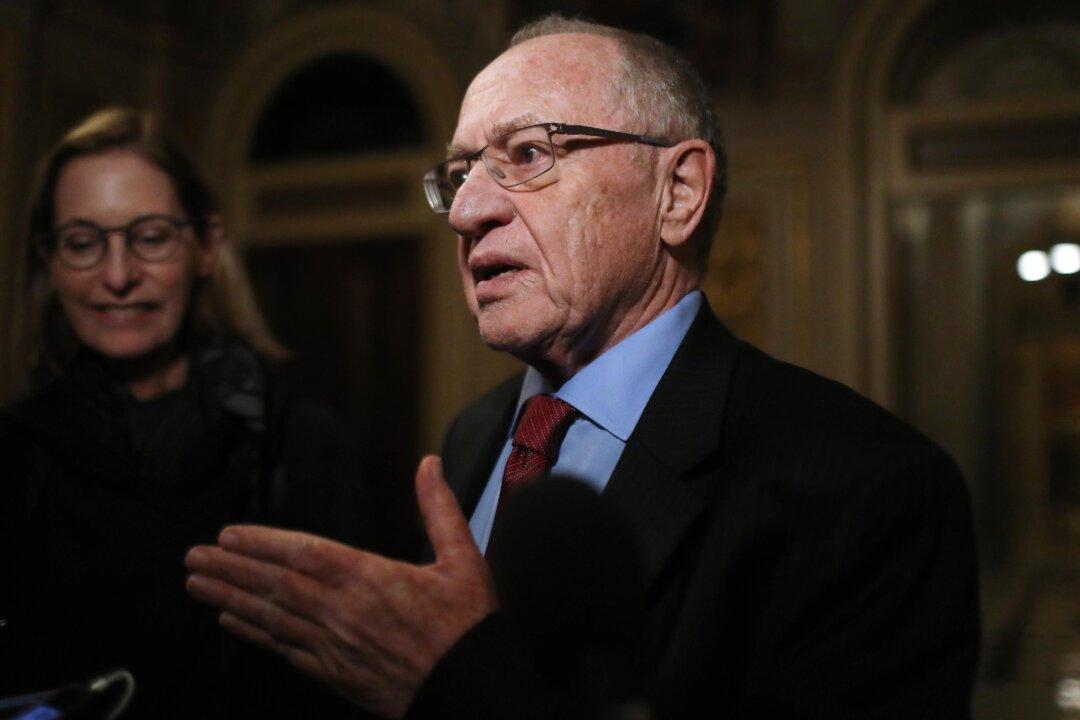Commentary
When professor Alan Dershowitz claimed before the Senate that the Constitution allowed impeachment only for crimes and crime-like activity, I was skeptical.

When professor Alan Dershowitz claimed before the Senate that the Constitution allowed impeachment only for crimes and crime-like activity, I was skeptical.